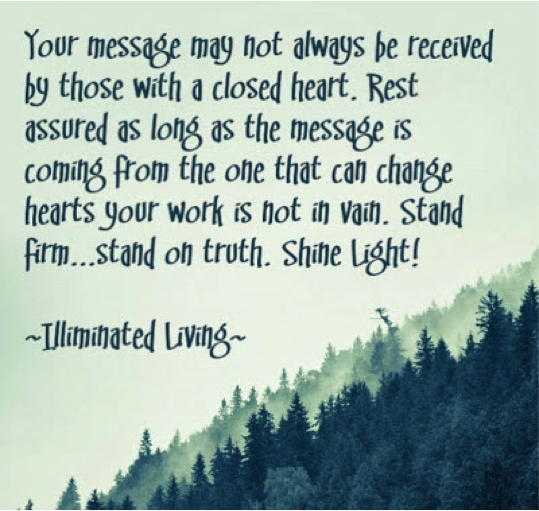
Confidence in Your Call
In the sixth month of Elizabeth’s pregnancy, God sent the angel Gabriel to Nazareth, a town in Galilee, to…
December 3, 2020
In the sixth month of Elizabeth’s pregnancy, God sent the angel Gabriel to Nazareth, a town in Galilee, to…
December 3, 2020
As a writer, Christian, and citizen I have made a purposeful choice to keep my social media posts social.…
August 5, 2020
“Lord, what about him?” John 21:21 (NIV) (Read John 21:15-22) Have you seen someone reach quick success? Maybe you’ve…
February 3, 2020
“I have done as you have commanded.” Ezekiel 9:11 (NIV) In our passage, the man with the writing kit…
January 3, 2020
My first parenting book began as a work of fiction. It was a single dad story about a correctional…
May 3, 2019
The last five years I’ve used songs in my blog to help illustrate the theme of my posts; it…
April 29, 2019
“Love is at the root of everything . . . love or the lack of it.” This quote is…
April 6, 2019
“What do you write?” Sit down with a group at a writers conference or anywhere else writers gather, and…
November 6, 2018
If you’ve been writing and working towards getting published, even more so, if you are writing because you know…
June 14, 2018
My critique group says my MG fiction is preachy. Now what? First let me say that I love my…
April 15, 2018
We discussed the first three suggestion to overcoming writing obstacles in an earlier blog. Run, walk, exercise – stir…
August 17, 2016
Do you ever feel like “just a writer?” “Just” a wannabe author? “Just” a wordsmith who spends hours inventing…
September 24, 2015
I’ve often pondered why I write, and what does it mean to be a writer. Sometimes I labor over…
June 25, 2015